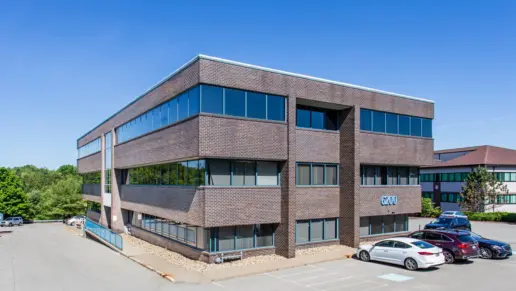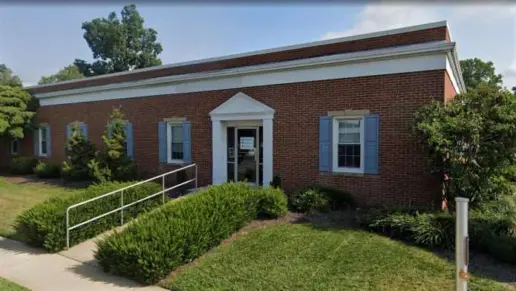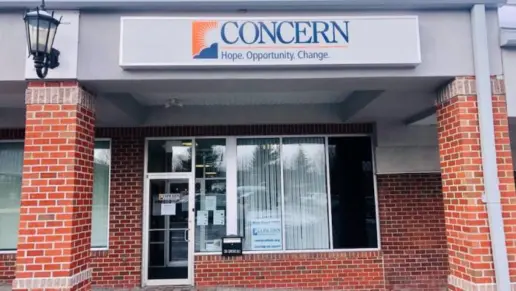About Milestone Centers
The outpatient program is also flexible, with in person and telehealth options available to suit every lifestyle. You’ll get the support you need to manage life’s challenges and improve your mental health, which will increase your chances of a healthy recovery.
The center also provides medication management to adults and youths who are struggling with their mental health. It’s common for mental health concerns to happen alongside substance use disorders and the two conditions often influence each other. Treating both at the same time is essential to successful recovery. Fortunately Milestone Centers is able to address both conditions, giving you the chance to challenge old thought patterns and address trauma while also finding coping strategies that allow you to enjoy life substance free.
This center offers a wide range of evidence based therapies. For example you might experience dialectical behavioral therapy (DBT) or motivational interviewing. They also have cognitive behavioral therapy (CBT) and eye movement desensitization and reprocessing (EMDR). The staff helps clients set personal goals and ensure that they make progress. If you need a referral to a more intensive program, the professionals at Milestone can provide that as well.
Rehab Score
Other Forms of Payment
Private insurance refers to any kind of healthcare coverage that isn't from the state or federal government. This includes individual and family plans offered by an employer or purchased from the Insurance Marketplace. Every plan will have different requirements and out of pocket costs so be sure to get the full details before you start treatment.
Financial aid can take many forms. Centers may have grants or scholarships available to clients who meet eligibility requirements. Programs that receive SAMHSA grants may have financial aid available for those who need treatment as well. Grants and scholarships can help you pai for treatment without having to repay.
Sliding scale payments are based on a client's income and family size. The goal is to make treatment affordable to everyone. By taking these factors into account, addiction recovery care providers help ensure that your treatment does not become a financial burden to you or your family, eliminating one barrier to care.
Medicare is a federal program that provides health insurance for those 65 and older. It also serves people under 65 with chronic and disabling health challenges. To use Medicare for addiction treatment you need to find a program that accepts Medicare and is in network with your plan. Out of pocket costs and preauthorization requirements vary, so always check with your provider.
Medicaid is a state based program that helps lower-income individuals and families pay for healthcare. Medicaid covers addiction treatment so those enrolled can use their coverage to pay for rehab. When a program accepts Medicaid the client often pays very little or nothing out of their own pocket.
Addiction Treatments
Levels of Care
 Outpatient
Outpatient
 Inpatient
Inpatient
 Intensive Outpatient
Intensive Outpatient
 24-Hour Clinical Care
24-Hour Clinical Care
Treatments
Mental health rehabs focus on helping individuals recover from mental illnesses like bipolar disorder, clinical depression, anxiety disorders, schizophrenia, and more. Mental health professionals at these facilities are trained to understand and treat mental health issues, both in individual and group settings.
Programs

Adult Program

Young Adult Program
Clinical Services
Group therapy is any therapeutic work that happens in a group (not one-on-one). There are a number of different group therapy modalities, including support groups, experiential therapy, psycho-education, and more. Group therapy involves treatment as well as processing interaction between group members.
In individual therapy, a patient meets one-on-one with a trained psychologist or counselor. Therapy is a pivotal part of effective substance abuse treatment, as it often covers root causes of addiction, including challenges faced by the patient in their social, family, and work/school life.
Trauma therapy addresses traumatic incidents from a client's past that are likely affecting their present-day experience. Trauma is often one of the primary triggers and potential causes of addiction, and can stem from child sexual abuse, domestic violence, having a parent with a mental illness, losing one or both parents at a young age, teenage or adult sexual assault, or any number of other factors. The purpose of trauma therapy is to allow a patient to process trauma and move through and past it, with the help of trained and compassionate mental health professionals.
Research clearly demonstrates that recovery is far more successful and sustainable when loved ones like family members participate in rehab and substance abuse treatment. Genetic factors may be at play when it comes to drug and alcohol addiction, as well as mental health issues. Family dynamics often play a critical role in addiction triggers, and if properly educated, family members can be a strong source of support when it comes to rehabilitation.
Life skills are the mental and social skills that are necessary to navigate day to day life. Addiction diminishes or eliminates these skills, so they must be relearned and practiced during drug rehab treatment in Pennsylvania.
Amenities
-
Residential Setting
-
Private Rooms
Staff
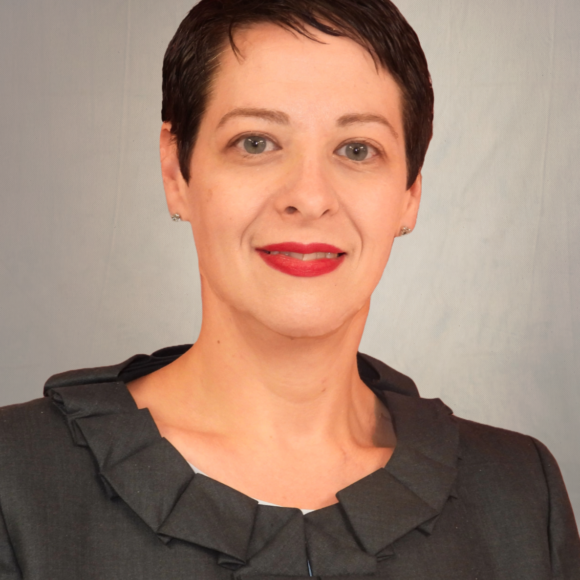
Anna Rankin
Acting Executive Director

Stacey Dowden
Senior Director of Intellectual & Developmental Disability Services

Deborah B. Walrath, Esq
Chairperson, BOD
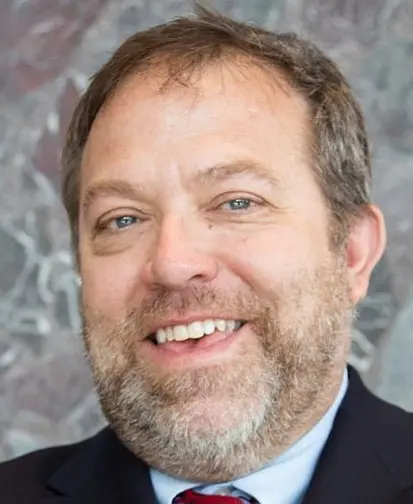
Greg Horner
Vice Chairperson/Treasurer
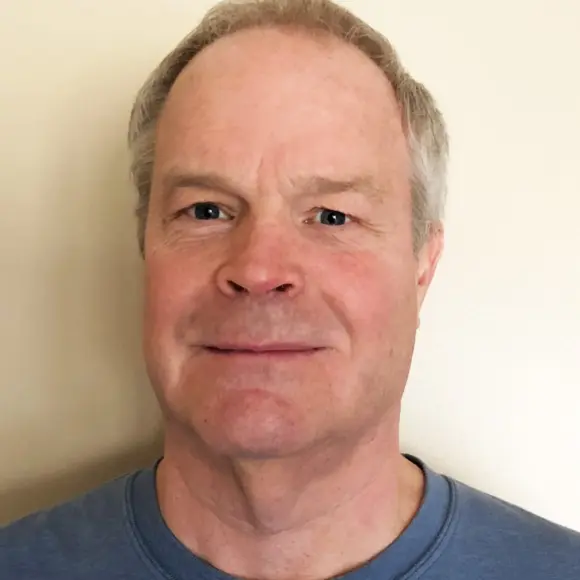
James Conniff
Secretary, BOD
Contact Information
712 South Avenue
Pittsburgh PA, 15221
